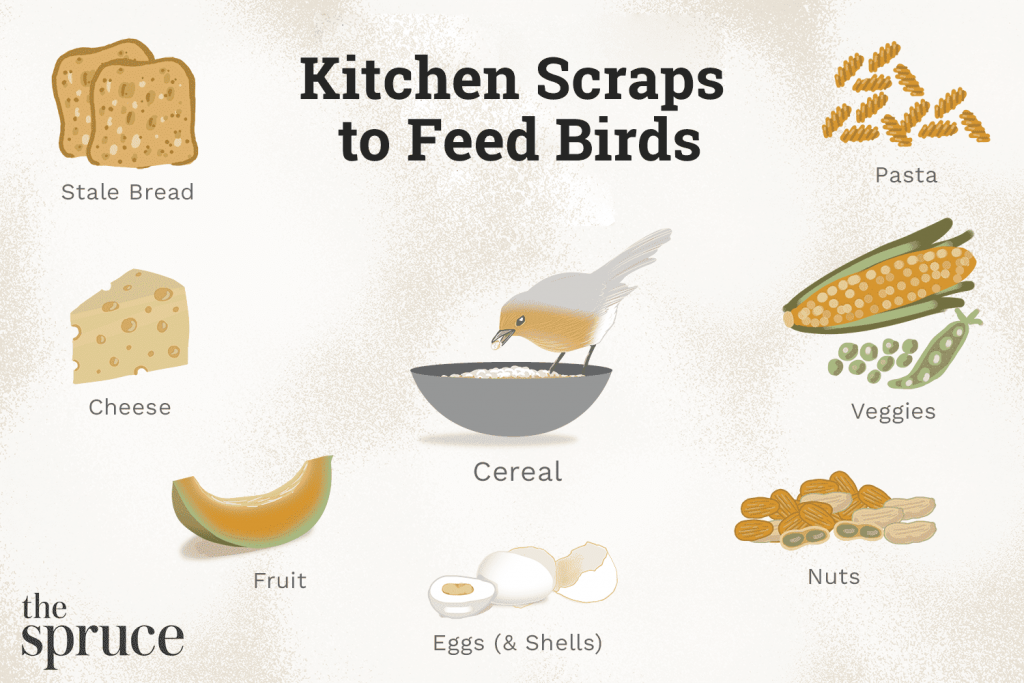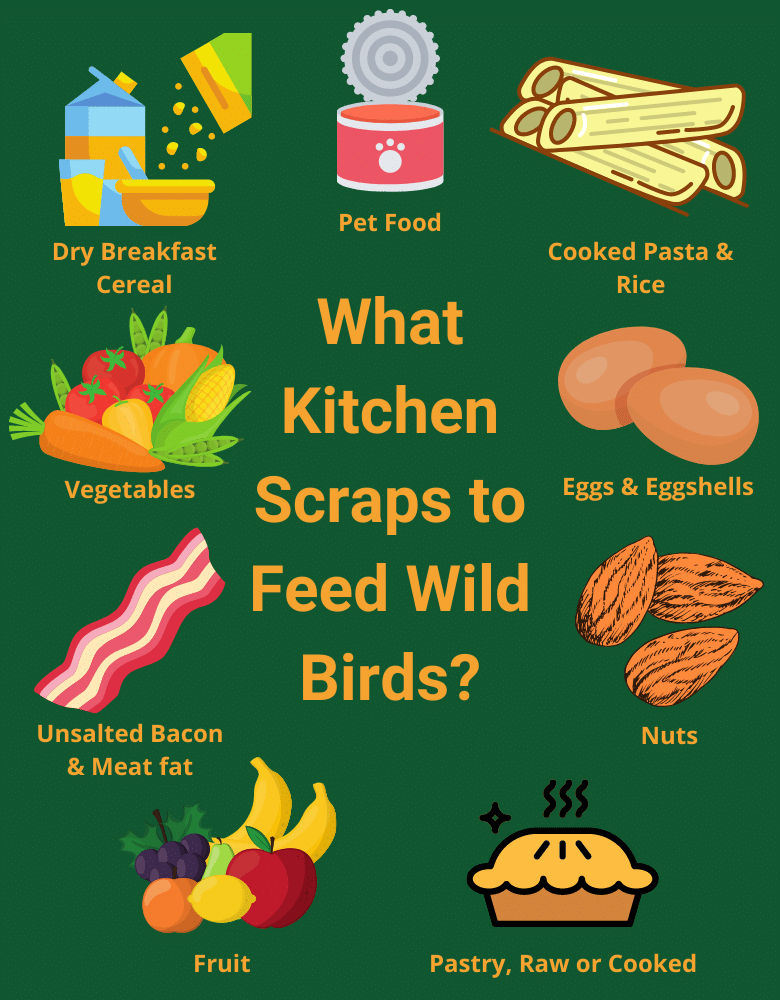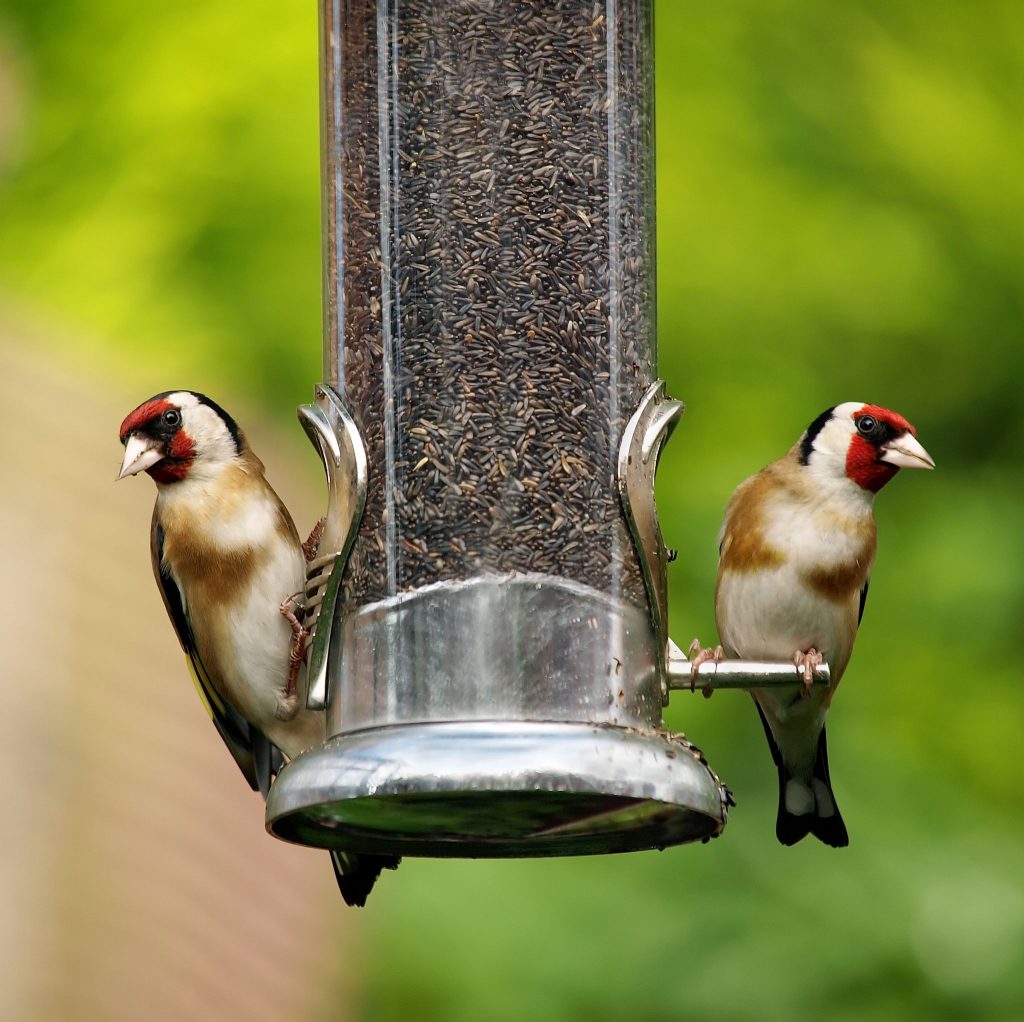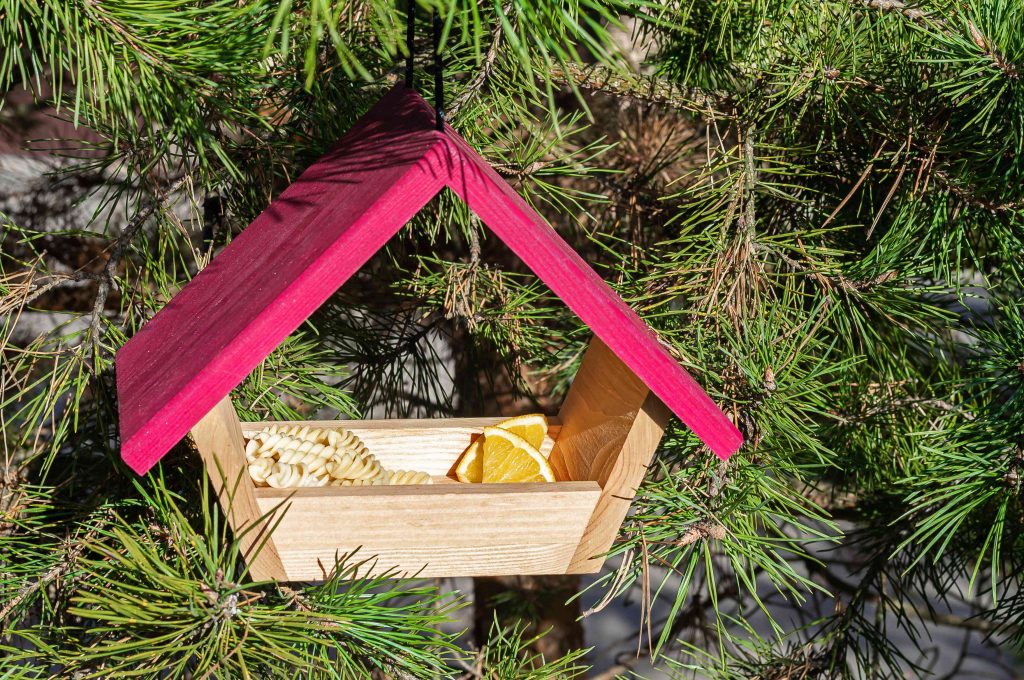Feeding wild birds can be a delightful hobby, but it doesn’t have to break the bank. By utilizing kitchen scraps and making careful choices when it comes to bird food, it’s possible to provide nourishment to our feathered friends without spending a fortune. While bread should only be given occasionally as it lacks nutritional value, there are plenty of kitchen scraps that birds will happily devour, including cooked rice, pasta, bacon grease, and even peanut butter. Even damaged fruit can find a new purpose by being shared with our avian neighbors. When it comes to bird seed, opting for mixes that contain seeds like white proso millet and sunflower seeds, while avoiding milo, can ensure that you attract the right kinds of birds and reduce waste. For a mess-free and cost-effective option, hulled sunflower seeds are a great choice. By providing a limited amount of food each day and also offering water, you can create a budget-friendly and welcoming environment for the birds in your area.

Selecting Kitchen Scraps
When it comes to feeding wild birds, there are ways to do it without breaking the bank. One cost-effective option is to utilize kitchen scraps. However, it’s important to choose the right kind of scraps that will provide the necessary nutrition for the birds.
Bread
While feeding birds bread may seem like a convenient option, it should only be given to them occasionally. Bread is not a nutritious food for birds and can actually be detrimental to their health if offered in large quantities. Instead, it’s best to focus on other kitchen scraps that are more beneficial to their diet.
Cooked rice and pasta
Cooked rice and pasta can be great options for feeding birds. These kitchen scraps provide carbohydrates and energy, which are essential for their daily activities. Just make sure to offer plain, unseasoned rice and pasta without any added sauces or seasonings. Birds will happily consume these scraps and benefit from the nutrients they provide.
Bacon grease
While humans may try to avoid consuming bacon grease, birds can actually benefit from it in moderation. The fat content in bacon grease provides birds with a valuable source of energy, especially during colder months. However, it’s important to emphasize moderation and not overfeed birds with bacon grease, as excessive fat intake can have negative health effects.
Peanut butter
Peanut butter is a fantastic option for attracting a wide variety of bird species to your backyard. It is packed with proteins and healthy fats that birds need to thrive. You can spread peanut butter on trees or bird feeders, allowing birds to enjoy this tasty treat. Be sure to choose natural, unsalted peanut butter without any additives or sweeteners.
Damaged fruit
If you have bruised or soft fruit that is no longer appealing to eat, don’t throw it away just yet! Birds can still enjoy these damaged fruits. They provide a natural source of sugar and nutrients that birds can benefit from. Just make sure to remove any mold or rot from the fruit before offering it to the birds.
Choosing Bird Food
In addition to kitchen scraps, selecting the right bird food is crucial for cost-effective bird feeding. By choosing quality bird food options, you can attract desired bird species while minimizing waste.
Avoiding mixes with milo
When purchasing bird seed mixes, it’s important to avoid those that contain milo. Milo is a type of grain that many birds find unappealing and will often avoid. By opting for mixes without milo, you can ensure that the birds will enjoy every bite of the bird food you offer.
Opting for white proso millet
Instead of milo, look for bird seed mixes that include white proso millet. This small, round seed is highly favored by many bird species, including sparrows, finches, and towhees. Offering bird food with white proso millet will attract a diverse range of birds to your backyard.
Selecting sunflower seeds
Sunflower seeds are a staple for many bird species and are often a favorite among backyard birds. They are packed with nutrients, including healthy fats and proteins. By including sunflower seeds in your bird food selection, you’re sure to attract a wide array of birds to your feeders.
Filling feeders with one type of seed
To prevent waste and ensure that all the bird food is consumed, consider filling each feeder with only one type of seed. This way, birds can choose their favorite seeds without being forced to eat unwanted ones. By offering specialized feeders, you can selectively attract specific bird species to your backyard.
Using hulled sunflower seeds
Hulled sunflower seeds are an excellent cost-effective option when it comes to bird feeding. Unlike regular sunflower seeds, hulled seeds have their hard outer shell removed, resulting in no waste or mess. With hulled sunflower seeds, birds can easily consume the entire seed, ensuring that no food goes to waste.

Feeding Recommendations
While offering kitchen scraps and quality bird food is important, it’s equally important to provide the right amount of food and water for the birds.
Providing a limited amount of bird food
It is recommended to provide only a limited amount of bird food each day. This ensures that the birds will consume all the food offered and prevents excessive food from going to waste. By carefully portioning the bird food, you can maintain a healthy feeding routine and minimize unnecessary expenses.
Offering water for birds
Birds also require access to water for drinking and bathing purposes. Providing a birdbath or a shallow dish of water in your backyard can attract birds and encourage them to stay. Make sure to clean and refill the water regularly to ensure freshness. By offering water, you not only cater to the birds’ basic needs but also create an inviting environment for them to visit.

Implementing Strategies
Feeding birds cheaply can be done by implementing a few simple strategies.
Feeding birds cheaply
By utilizing kitchen scraps, carefully selecting bird food, and following feeding recommendations, you can effectively feed birds without spending a fortune. Instead of wasting food scraps, consider repurposing them to attract and nourish bird species. Choose bird food mixes without milo but with white proso millet and sunflower seeds that birds find irresistible. Fill feeders with one type of seed to prevent waste and attract specific birds. Additionally, using hulled sunflower seeds eliminates any mess or wasted seeds. By providing a limited amount of bird food each day and offering water for birds, you create a cost-effective and welcoming environment for these delightful creatures.
So, the next time you want to feed wild birds, remember to select the right kitchen scraps, choose quality bird food, follow feeding recommendations, and implement cost-effective strategies. By doing so, you can enjoy the beauty of birds while staying budget-friendly. Happy bird feeding!

Leave a Reply